Tribal Pandemic Toolkit
* 9/28/2022 Please note that this webpage is currently undergoing extensive editing. Links are being built and added in.
The COVID-19 Public Health Emergency took a disproportionate toll on Tribal communities in Arizona, with some impacted at rates higher than the worst hit regions in Wuhan, China at the outbreak’s start. Per Indian Health Services (IHS), American Indians & Alaskan Natives have experienced:
- Infection rates over 3.5 times higher than non-Hispanic Whites,
- 4 times more likely to be hospitalized than non-Hispanic Whites, and
- Higher mortality rates at younger ages.
To combat these health disparities, the AACIHC is creating a Tribal Pandemic Toolkit, specific for Arizona Tribes. This toolkit is a work in progress, and shall aim to:
- Assist Tribes and tribal communities in the ongoing pandemic; and
- Can act as a ‘central location/repository’ to find materials needed for future pandemics.
Additional Health Disparity Statistics

- Arizona had an overall decline in life expectancy during 2020, which was significantly higher than the U.S. overall; 2.8 years in Arizona vs 2.1 years nationally.
- The decrease in life expectancy was not uniform across demographics, with American Indians experiencing a decrease in life expectancy of about eight years.
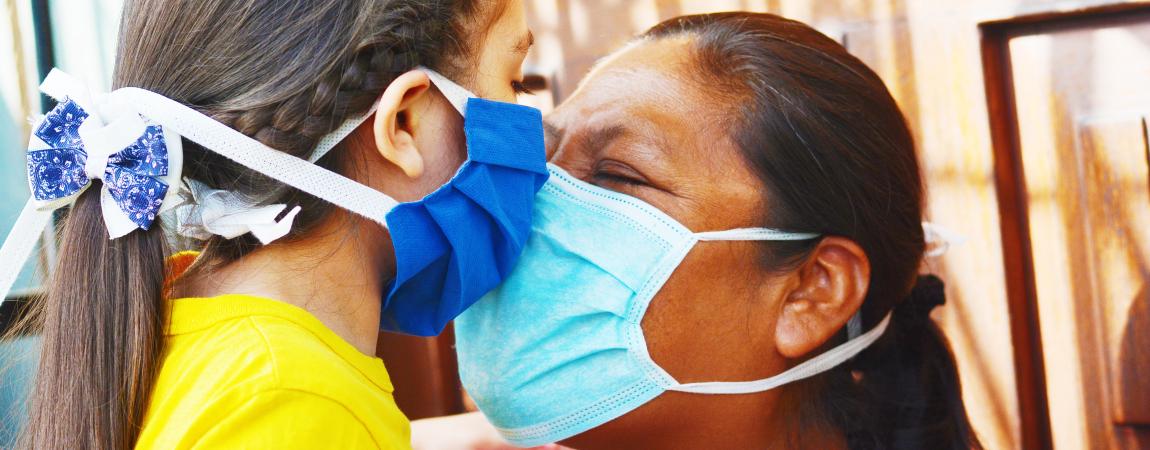
- Compared to white children, American Indian/Alaska Native children were 4.5 times more likely to lose a parent of grandparent caregiver.
- Overall, American Indian/Alaska Native children were more likely to experience orphanhood or caregiver loss, even when compared to children of other racial, minority backgrounds.
- Per the CDC, when looking at both primary and secondary caregivers, 1 of every 168 American Indian/Alaska Native children, 1 of every 310 Black children, 1 of every 412 Hispanic children, 1 of every 612 Asian children, and 1 of every 753 White children experienced orphanhood or death of caregivers.
Pandemic Resources
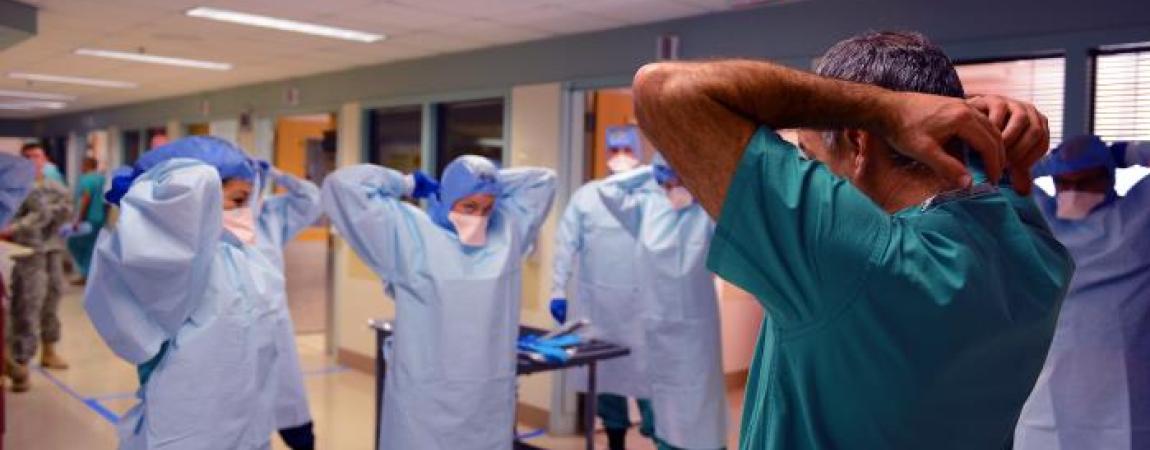
A repository of COVID-19, Flu, Monkeypox, and other pandemic-related healthcare resources for professionals for use in their practice, when serving Tribal members.
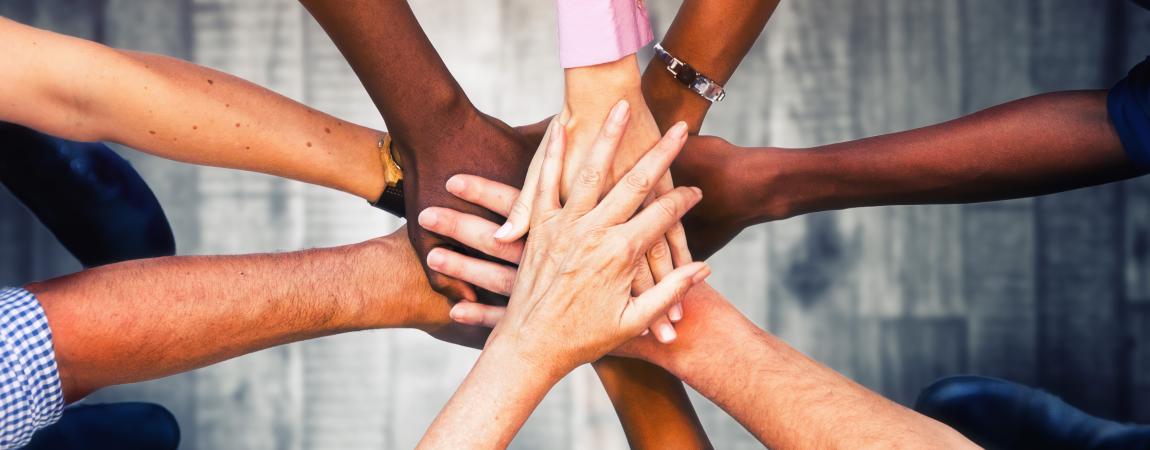
Are you a Tribal community member concerned about COVID-19? Then this area is for you! The AACIHC has developed informational materials based on questions and concerns reported to us by Tribal community members regarding COVID-19.
Everything you ever wanted to know about the COVID-19 virus and the illness it causes.
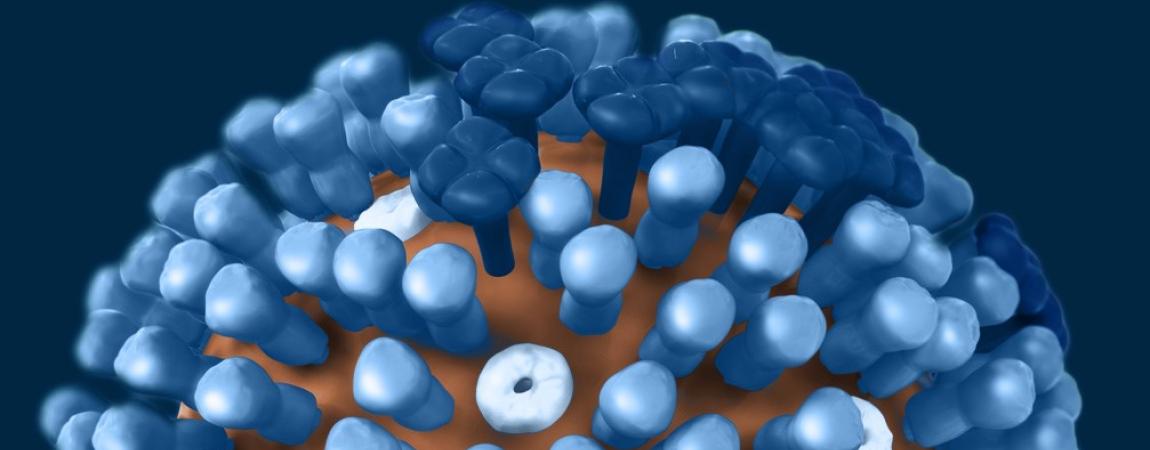
Everything you ever wanted to know about Influenza (also known as "the Flu").
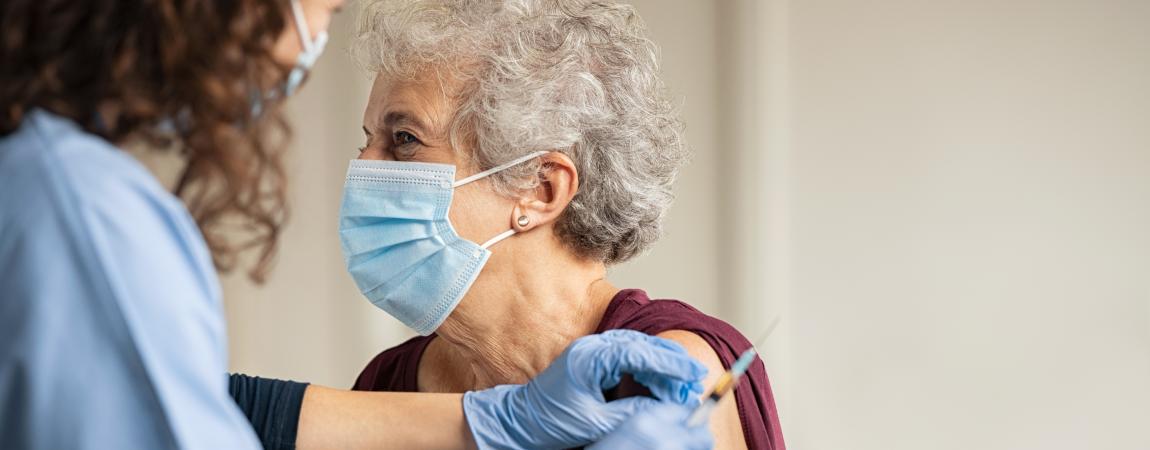
Everything you ever wanted to know about vaccinations! Such as what is a vaccine, and information on specific types of vaccines, such as the yearly flu shot, COVID-19 vaccination series and boosters, Monkeypox vaccinations, and recommended routine vaccinations.
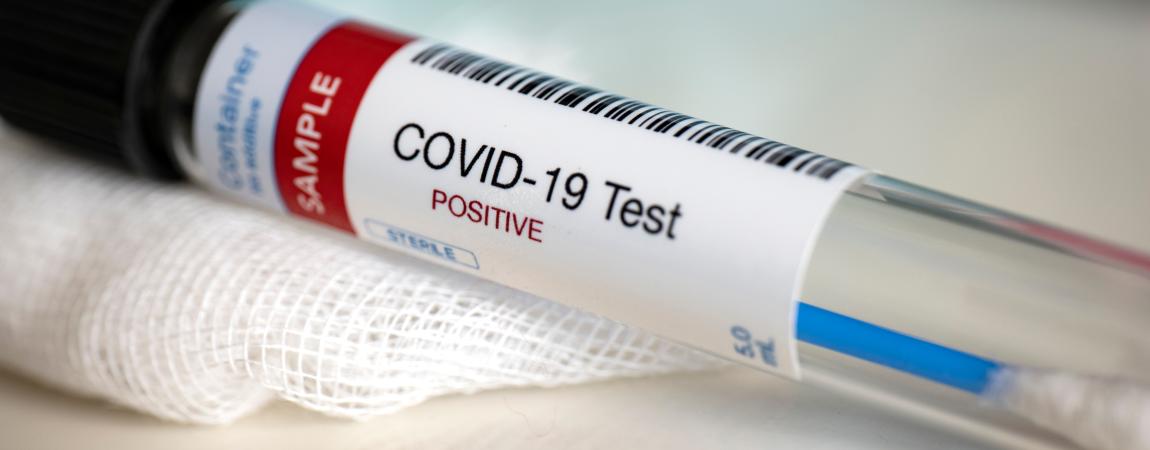
Everything you ever wanted to know about COVID-19 tests! Including types of COVID-19 tests, how to use a home test, what does a positive test mean, and how is personal information used by providers and governmental entities if you test positive.
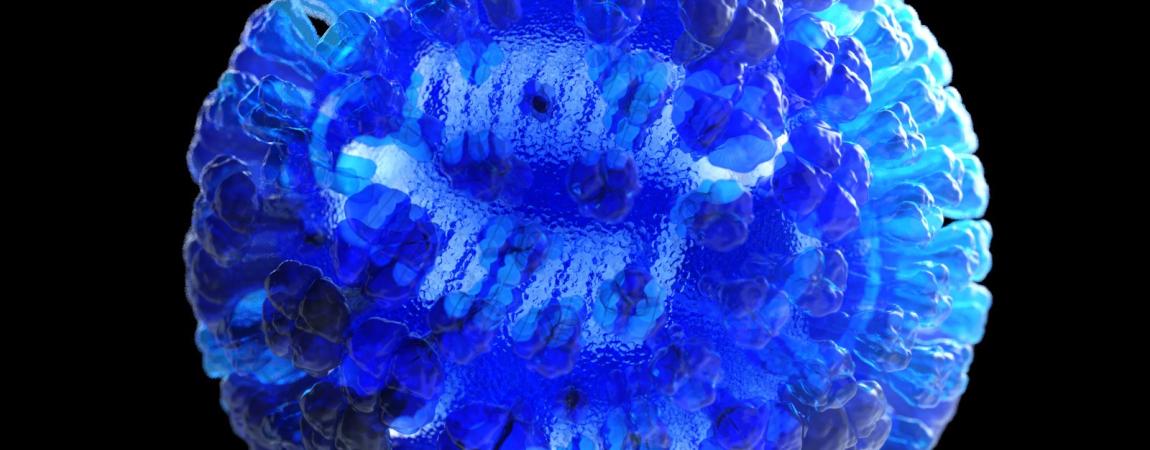
Information and infographics on other illnesses, such as the common cold and RSV.

PPE is essential for both community members and healthcare providers. But what is it? How do you wear it to make sure it is effective? How do you put it on and take it off, without contaminating yourself, when working with a COVID-19 patient or caring for a family member you live with? These resources are for you.
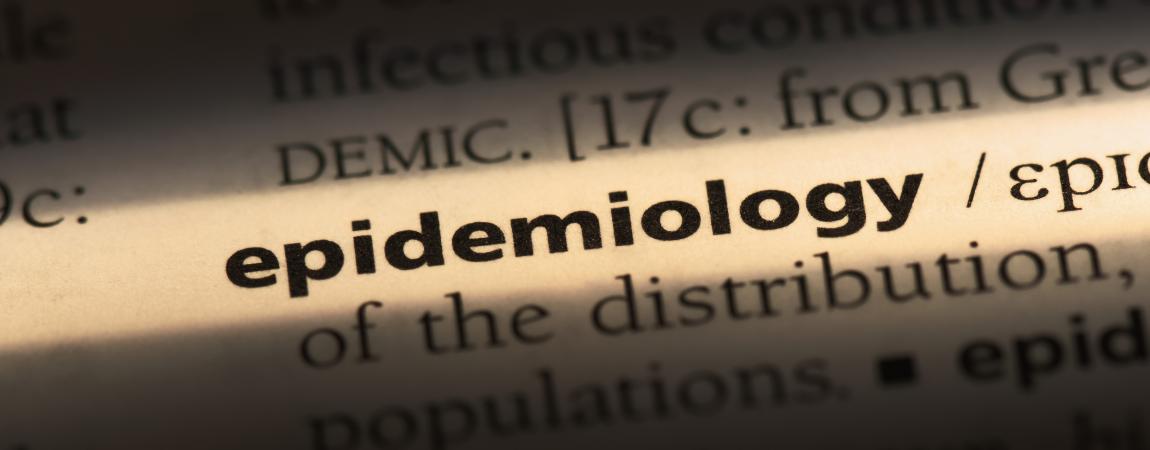
Epidemiology is the study and analysis of the distribution, patterns and determinants of health and disease conditions in defined population. This provides a brief introduction to the field and duties of epidemiology and how it assists the main goals of public health.
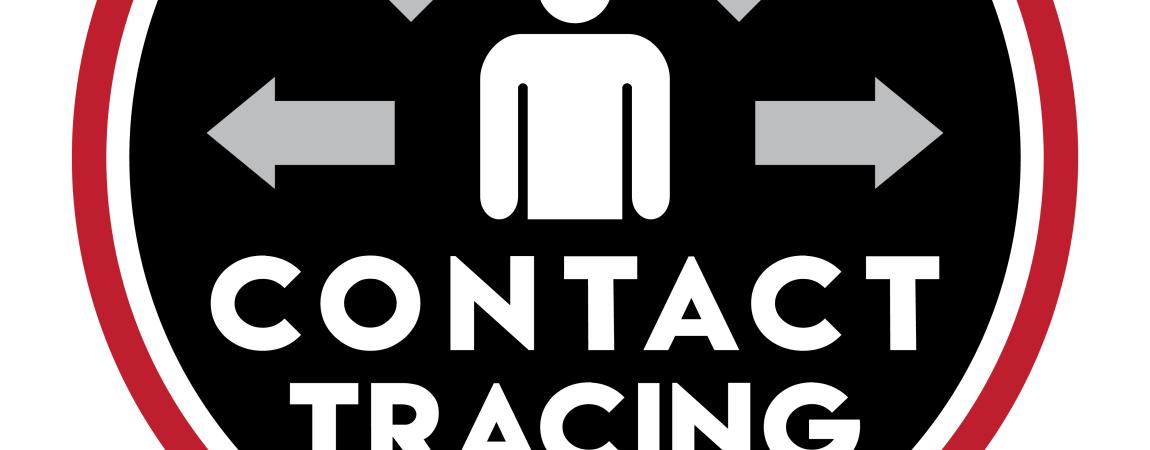
What is contact tracing, why is it important, and how is it used to help stop the spread of illness during a pandemic? As a patient or community member, what can you expect to be asked?
Whole person-centered care, maintaining good nutrition, exercising, getting adequate rest and relaxation, and getting good quality sleep are absolutely key in maintaining physical and mental health and in the prevention of illnesses, such as COVID and other lifestyle-related diseases. Here are resources to help you take care of yourself amidst quarantine and social distancing situations.

Exercise has been shown to improve immune system response in battling respiratory infections, such as COVID-19, and other communicable infections. Here are resources to help get you started.
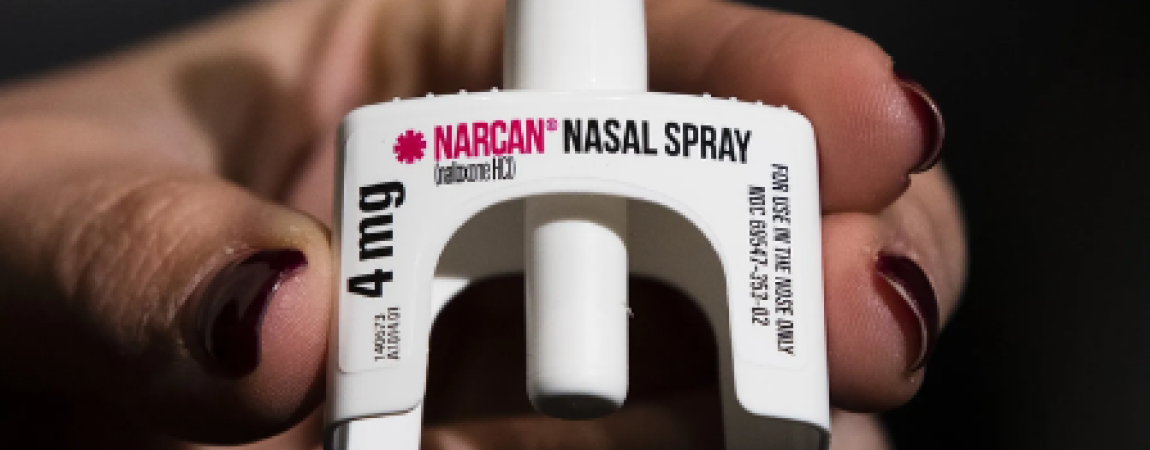
During the COVID-19 pandemic, rates of overdoses increases by 30% from 2019 to 2020, per the CDC. The Substance Use Disorder (SUD) and Overdose Prevention Kit by the AACIHC includes AACIHC-created materials and materials from the CDC.
- Educational infographics on Opioids
- Naloxone (Narcan) Materials - How to Use and What is It?
- Videos

A key component of managing any chronic disease, particularly those such as diabetes or kidney disease that can result in adverse COVID-19 or respirtory illness health outcomes, is accurately reading lab reports that your healthcare provider has ordered and provided to you.
Through a partnership with the American Society of Clinical Pathology (ASCP) the AACIHC has created a page to provide patient information on how to read your labs and what it means.
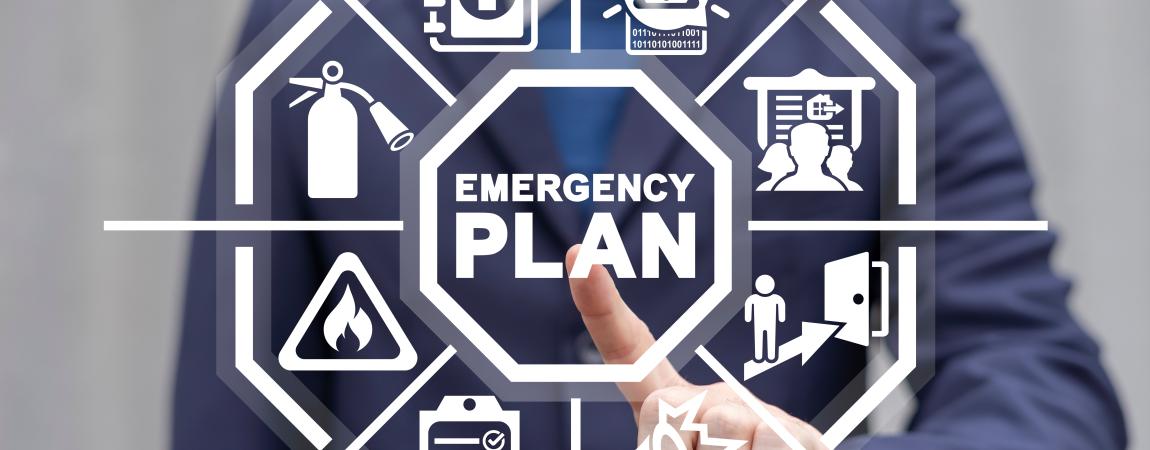
Emergency management plans and resources for Tribal communities
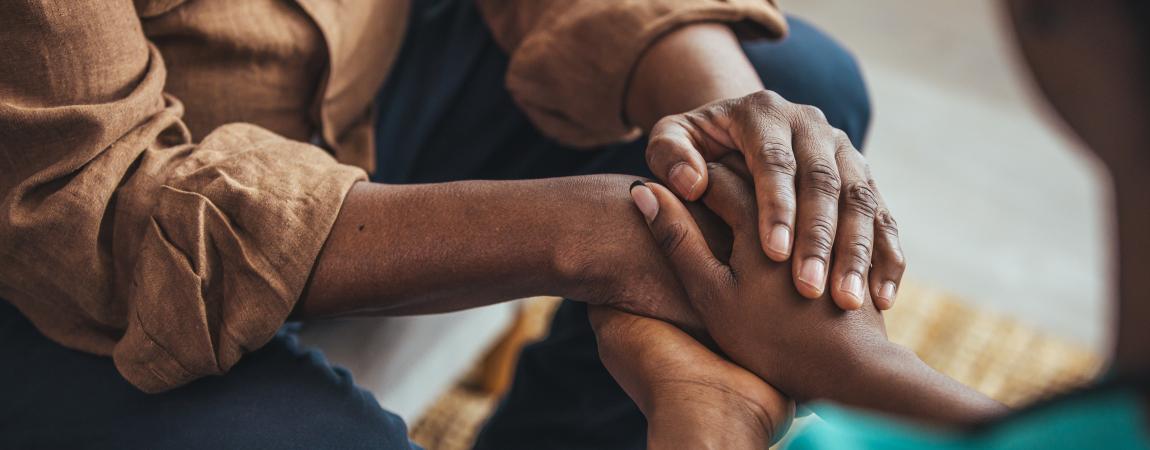
A repository of resources and trainings for Community Health Representative and Community Health Workers.

A collection of excellent links to external websites, containing Tribal-specific resources.

Operational considerations and guidance regarding a variety of facets during a pandemic, such as:
A repository of trainings for both health care professionals and community members (general public). Trainings offered will be on topics such as:
- Personal Protective Equipment (PPE) in Everyday Life
- Health Literacy and How to Approach Discussions on It
- Vaccines: What are they and how do they work?
- Vaccine Hesitancy Training
- Basic Science to Build a Foundation of Knowledge (Helping You Understand Your Health) (e.g. Virology 101, Handwashing 101, How Masks Work, etc.)

